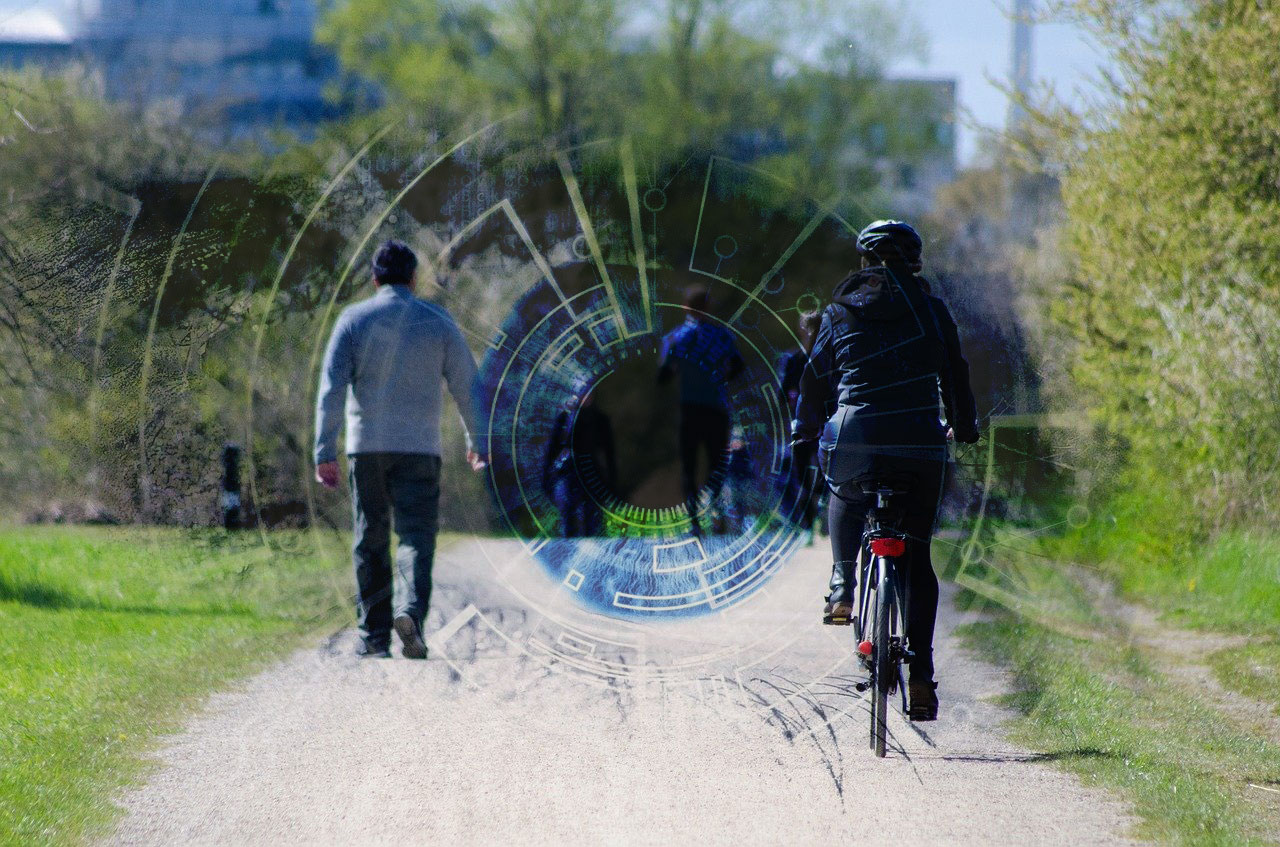Machine Learning Series
Mondays 3:30-5pm until April 5, 2021, virtual via Zoom*
* To join, participants need to authenticate with their *umich.edu account.
Machine learning is becoming an increasingly popular tool in many scientific disciplines, including but not limited to data science, medicine, engineering, and business analytics. This event series at the Institute for Social Research (ISR) during Winter 2021 explores the opportunities and available resources for adopting machine learning methods in the social sciences. It is geared at ISR faculty, research staff and students. The series is jointly organized by Jule Krüger, ISR Program Manager for Big Data and Data Science, Meghan Richey, ARC-TS Machine Learning Specialist Senior, and Richard Gonzalez, Director of ISR’s Research Center for Group Dynamics.

[January 25] ISR Data Science Program overview, Machine Learning series outline [slides*]
This opening session will present the data science program at the Institute for Social Research, highlighting available resources and engagement opportunities. It will also provide an overview of this machine learning series. Attendees will have an opportunity to ask questions and provide input.
Speaker: Jule Krüger
[February 1] A basic introduction: What is Machine Learning (ML)? [slides*][recording*]
Machine learning is becoming an increasingly popular tool in several fields, including data science, medicine, engineering, and business. This workshop will cover basic concepts related to machine learning, including definitions of basic terms, sample applications, and methods for deciding whether your project is a good fit for machine learning. No prior knowledge or coding experience is required.
Speaker: Meghan Richey
[February 8] Research panel: Machine Learning application examples at the ISR [slides*][recording*]
This research panel will feature presentations from several social science research projects at the ISR that already apply machine learning today. Presenters will share their research logic, implementation strategies, as well as what challenges they might encounter and how they address them. The session will conclude with a discussion and Q&A.
Speakers: Nicholas Camp, Maggie Levenstein, Brian Min, Mike Mueller-Smith, Matthew Shapiro
[February 15] Project report: Using ML with support from ARC-TS Consultation Services [slides*][recording*]
Come listen to a discussion between Meghan Richey, Machine Learning Specialist Senior with the ARC-TS Consultation Service, and a research project team from the School of Environment and Sustainability. We will discuss an overview of the project, how machine learning was used in a computer vision application, and how the team collaborated to meet milestones.
Speakers: Julie Dellick, Anna Greenberg, Meghan Richey, Maria Salem
[February 22] Ask an expert office hour: Can I apply ML in my own research project?
In this virtual office hour, machine learning experts at the ISR will be available to consult with interested faculty, research staff and students about possible applications of machine learning methods in current or future research projects. Consultations will be scheduled and facilitated via Zoom breakout rooms.
[March 1] Getting started: Choosing ML tools and training [slides*][code][recording*]
With many languages, packages, and applications available to researchers, many wonder how to choose the correct path forward when starting a machine learning project. In this workshop, we will discuss the differences between several machine learning packages and applications that are best suited for each available language. A review of basic machine learning concepts, as well as a basic grasp of Python, is recommended.
Speaker: Meghan Richey
[March 8] Advanced ML topics: Algorithms, ML code, comparing implementations [slides*][code][recording*]
This workshop is designed as a follow-up to the basic introduction to machine learning earlier in this series. We will cover several examples in Python and compare different implementations. We will also look at advanced topics in machine learning, such as GPU optimization, parallel processing, and deep learning. A basic understanding of Python is required.
Speaker: Meghan Richey
[March 15] Getting funded: Grant writing resources for social science ML applications [slides*][recording*]
In this session, we will cover the U-M campus resources that are available for brainstorming ML projects and writing grant applications. We will share tips for piloting social science research projects that use machine learning, as well as strategies for finding research collaborators in other scientific disciplines.
Speakers: Pamela Davis-Kean, Mengyao Hu, Jule Krüger
[March 22] No session.
[March 29] Collaborating with scholars from other disciplines [slides*] [recording*]
In this session, we will talk about strategies for establishing research collaborations between the social sciences and the computer sciences. We will identify in which research contexts collaborations could prove most useful, how to leverage the state of the art in one field with innovation in the other, what challenges and tensions may arise in research collaborations and how to navigate them.
Speakers: Sonya Dal Cin, Rada Mihalcea
[April 5] Research Talk: “Are Reports of Personal Election Experiences Distorted by Personal Partisan Bias?” [slides*][recording*]
Speaker: Walter Mebane Please note the time change: This talk starts at 4pm EST.
Research abstract: Using classifiers and word embeddings with data from the Twitter STREAM API during Oct 1-Nov 6, 2016, we show that people’s reports of their personal experiences with the U.S. election are not related to their partisan associations once precisely localized geographic information is taken into account (using fixed effects in MNL models). When only cruder geography is controlled or there are no geographic controls, extensive and strong relationships to partisan associations are apparent. Partisan bias in personal election experiences such as registering, waiting in line to vote or successfully voting are a matter of where you are more than who you are.
*To view the slides and recordings, participants need to authenticate with their umich.edu account.
Miscellaneous items
- Convergence Glossary to help the translation of concepts and definitions between the social and computational sciences
